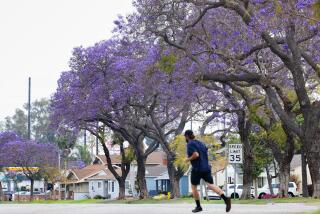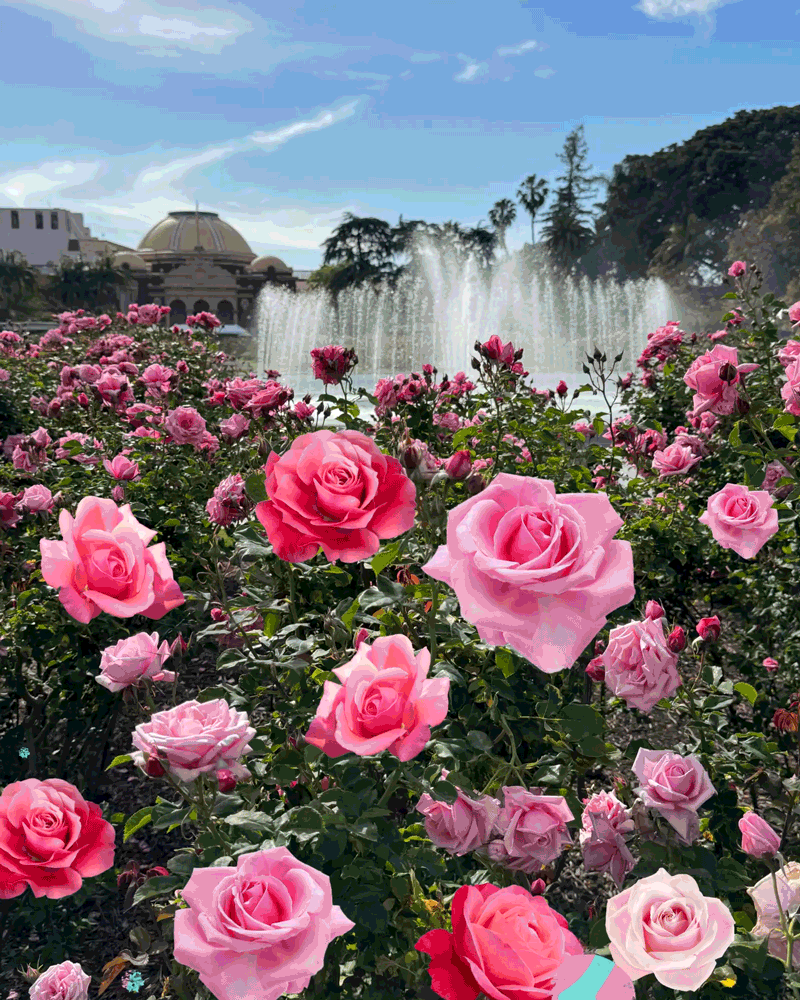Hearty Orchids for Sale at County Arboretum
Many orchids flower when it still seems like, and in fact is, winter. But this odd timing (for a tropical plant) is why the Los Angeles County Arboretum booted the orchids out of their big May plant sale and gave them their own sale now--even if this year the sale happens to follow the coldest, snowiest week of the year. This sale of orchids and a few other tropical plants is today, at the Arboretum, 301 N. Baldwin Ave., Arcadia, from 9 a.m. to 4 p.m.
Most of the orchids chosen for the sale can take temperatures down to about 28 degrees, and it doesn’t often get that cold in most of Southern California. When it does, they must be taken inside or otherwise protected.
Some are what are called “species” orchids, which means they are not hybrids but wildlings, and often from places that are not steamy or hot--even if they are in the tropics--but on the cool side. These species orchids should be easy to spot at the sale since they are most often grown attached to a slab of tree fern fiber, or cork: They are not terrestrial plants but epiphytes that grow in the trees, which is one place you might consider hanging them.
Almost nowhere in Southern California is it too cold for cymbidiums, though in the colder inland areas they are usually grown under lath, which also protects them from too much summer heat and sun. Many gardeners, however, give cymbidiums too much shade. Let the leaves be your guide. If they are completely green, as one might expect them to be, they are getting too much shade to flower well. The leaves are supposed to be a slightly yellow-green, though too yellow with brown blotches usually means they’ve been scorched.
Almost as carefree are the lady slipper orchids, or paphiopedlums, which have almost unbelievable flowers that appear to be made of wax. The flowers are not terribly colorful, but are extremely complex and look like they would be a bear to grow, but they aren’t. They take the same care that cymbidiums get by on, but ask for more shade so their leaves are always dark green, more frequent watering, and perhaps misting during dry weather.
Another startlingly beautiful orchid that looks difficult but isn’t is the moth orchid, or phalaenopsis. Each spray carries a dozen or more flowers that appear to hover above the plant like moths, hence the common name. This is the orchid to try indoors since it doesn’t require too much light to flower, doing well in simply a bright if not sunny window.
All of these will be at the sale and most will be in flower.






